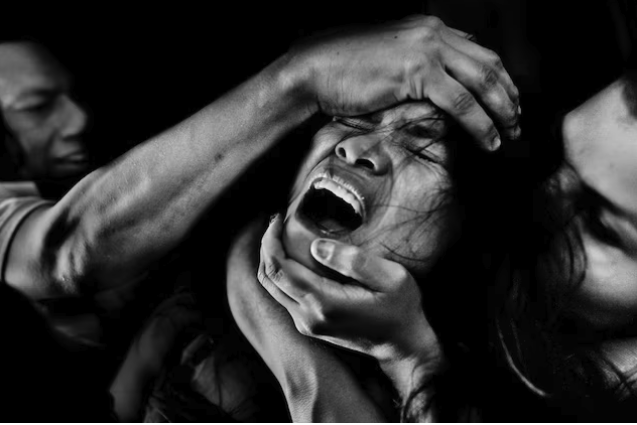The real history of exorcisms that you don’t see in movies
Shared by: PX Editorial Team
Source: National Geographic
Image credit: JAN SOCHOR, LATINCONTENT/GETTY IMAGES

Browse by Phenomena
View Popular Filters
Shared by: PX Editorial Team
Source: National Geographic
Image credit: JAN SOCHOR, LATINCONTENT/GETTY IMAGES

Shared by: PX Editorial Team
Source: National Geographic
Image credit: JAN SOCHOR, LATINCONTENT/GETTY IMAGES
For most people, the word "exorcism" probably conjures up images of Catholic priests—compelled by the power of Christ, wind from an unknown source blowing, candles flickering all around them—casting out demonic creatures and wicked spirits from a person or, in some cases, a place. Movies like 1973's The Exorcist highlight the use of holy water, prayer, and even reason to drive out a nefarious force, all as the epic battle between good and evil plays out in front of viewers’ eyes. But … is that accurate?
Exorcisms really happen—and what's at stake during one may not be too far off from what pop culture would have us believe. The 2023 movie The Pope's Exorcist, based on the memoirs of the real Catholic priest and exorcist Father Gabriele Amorth, for example, offers a highly fictionalized version of a real insider's perspective into exorcism. In its focus on the horror aspects of contemporary exorcism, what pop culture like The Pope's Exorcist doesn't provide, is a clear understanding of how exorcism as a practice actually came to be.
View Original Article